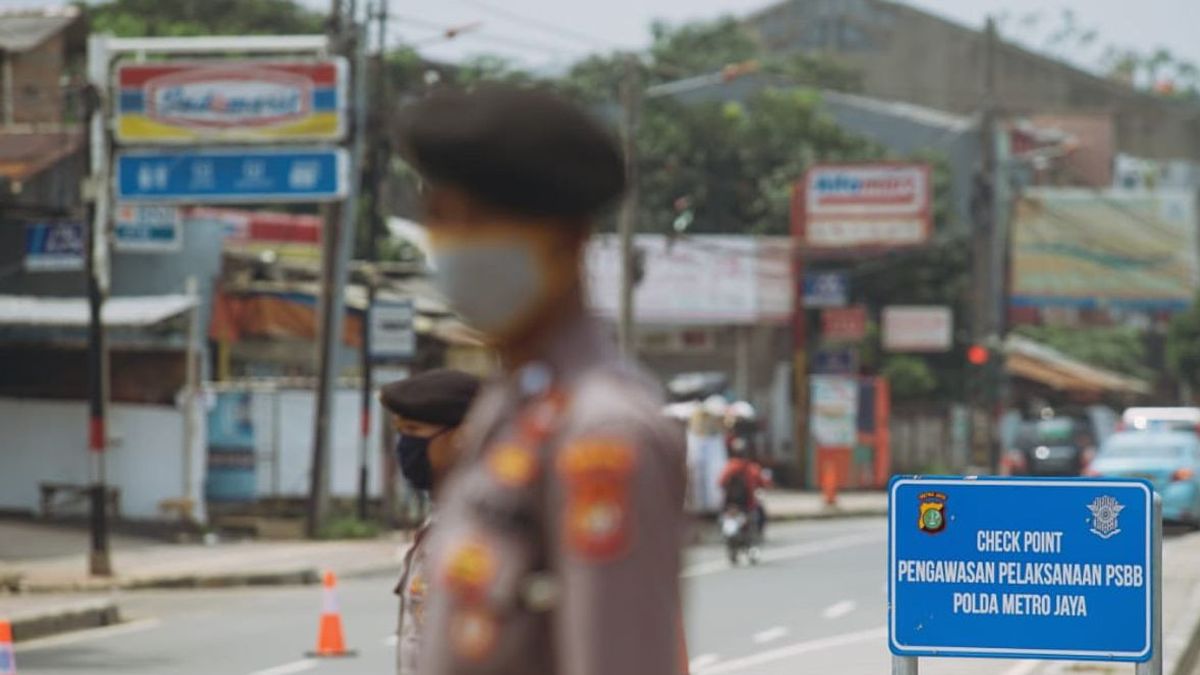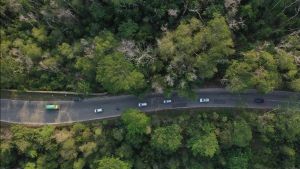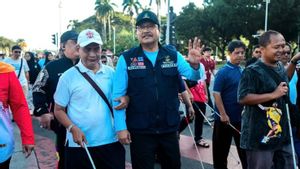JAKARTA - Epidemiologist from the University of Indonesia, Pandu Riono, said that handling COVID-19 in the current region no longer requires the strict application of large-scale social restrictions (PSBB).
"Actually, the current PSBB does not need to be tightened anymore. Now it can be loosened, but the easing should be slow," said Pandu in a webinar discussion, Friday, October 23.
Suggestions regarding the easing of the PSBB were taken from the research results of the COVID-19 modeling team at the Faculty of Public Health, University of Indonesia. In addition, said Pandu, President Joko Widodo could also revoke the health emergency status.
"The government can revoke public health emergencies. By removing, our planning or development is in accordance with the original plan or we make a new plan," said Pandu.
According to Pandu, the current implementation of the PSBB is no longer accurate. This is because the PSBB is more suitable to be applied at the start of a pandemic because it is needed to reduce the number of transmission at a time when the government is still learning to find an outbreak control formula.
After the pandemic has been running for the last 8 months, Pandu sees that the 3T (tracing, testing, treatment) efforts have been increasingly improved by each local government.
"Yesterday, the tightening was only the golden moment at the start of the pandemic, to wait for time, while strengthening surveillance, testing to trace, and then carrying out population behavior, until finally loosening it," said Pandu.
Pandu thinks that currently the government, especially the National Development Planning Agency, can start planning development programs again.
Even though the pandemic is not over, said Pandu, at least it can be controlled. The government just needs to try to increase compliance with the implementation of health protocols in the community. Moreover, the COVID-19 vaccination plan is in sight.
"The role of Bappenas will be important in planning Indonesia's development in an unfinished pandemic era. So, this disease will no longer become a pandemic but become endemic," he explained.
If later there is an increase in cases in an area, local governments will only need to tighten restrictions on a local scale. "Then if there is a problem, we can solve it by means of a local lockdown. Thus, it does not interfere with economic life," he concluded.
The English, Chinese, Japanese, Arabic, and French versions are automatically generated by the AI. So there may still be inaccuracies in translating, please always see Indonesian as our main language. (system supported by DigitalSiber.id)








